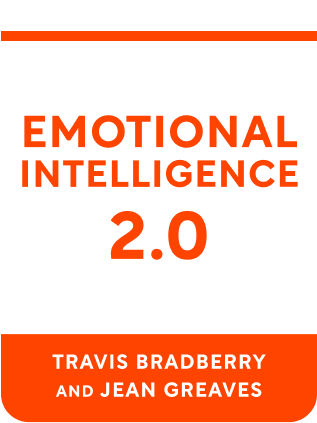

This article is an excerpt from the Shortform book guide to "Emotional Intelligence 2.0" by Travis Bradberry and Jean Greaves. Shortform has the world's best summaries and analyses of books you should be reading.
Like this article? Sign up for a free trial here .
What are personal and social competence in the context of emotional intelligence? How do they come together to make up the EQ construct?
In Emotional Intelligence 2.0, personal and social competence are the umbrella terms for the four dimensions of the EQ construct. Personal competence encompasses self-awareness and self-management. Social competence is composed of social awareness and relationship management.
Keep reading for more about personal and social competence.
Personal and Social Competence
You can build EQ by developing two different competencies: personal and social competence.
First, you need to develop personal competence. Personal competence is your ability to manage your own emotions and tendencies. There are two steps to personal competence: self-awareness and self-management.
Once you’ve developed personal competence, the next step in developing a higher EQ is social competence. Social competence is your ability to interact with people effectively. There are two steps to develop social competence: social awareness and relationship management.
Exercise: Develop Personal Competence
Emotional intelligence requires that you first develop personal competence. Self-awareness and self-management create the foundation of EQ.
Reflect on a recent time a lack of self-awareness led to a poor decision. Describe it.
Now, list the tactics you could have used to improve your self-awareness in that situation. Think about knowing your triggers, holding yourself accountable, and understanding the reasons behind your emotions.
Reflect on a recent conversation in which you let your emotions get the best of you. Describe it.
Now, list the tactics you could have used to improve your self-management in that conversation. Think about focusing on your breath, counting to ten, and mentally recharging.
Exercise: Develop Social Competence
After you’ve gotten a handle on your own emotions, you can begin to develop social competence. Social competence helps you strengthen your relationships through social awareness and relationship management.
Think of a recent time you missed critical cues in a conversation or meeting. Describe it.
Now, list the tactics you could have used to improve your social awareness in that situation. Think about observing body language, listening attentively, and living in the moment.
Think of a recent difficult conversation that ended in a heated argument. Describe it.
Now, list the tactics you could have used to improve your relationship management during that conversation. Think about opening up, using your anger effectively, and navigating tough conversations.

———End of Preview———
Like what you just read? Read the rest of the world's best book summary and analysis of Travis Bradberry and Jean Greaves's "Emotional Intelligence 2.0" at Shortform .
Here's what you'll find in our full Emotional Intelligence 2.0 summary :
- What emotional intelligence is and why it's essential for your workplace success
- The 4 reasons you need to work on your EQ
- How you can use EQ to better manage relationships






